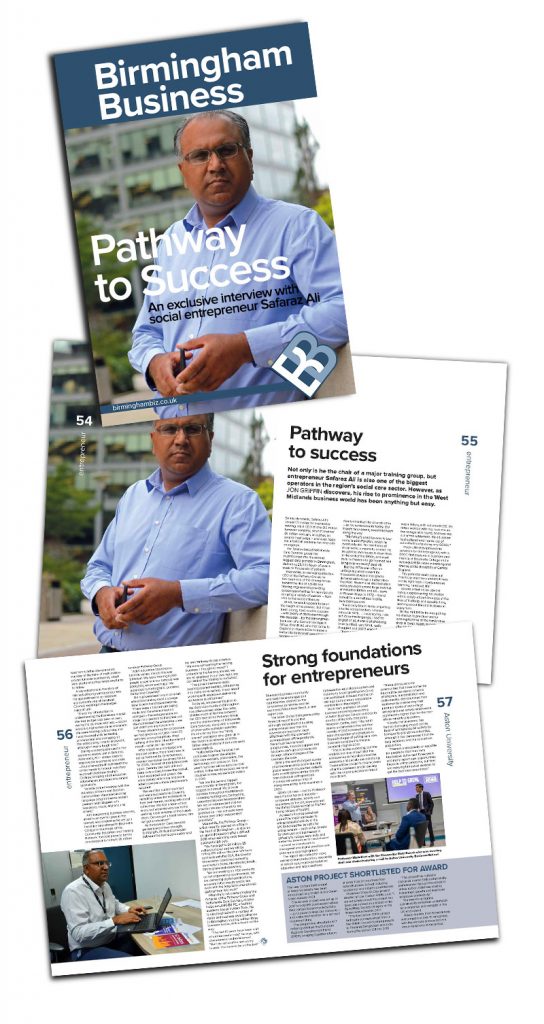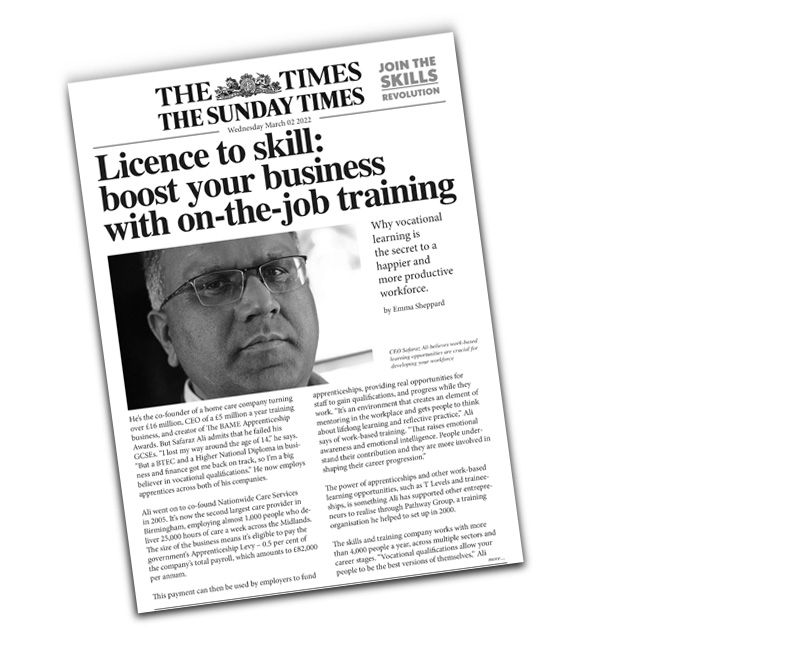
Mo Chaudry: How Britain’s £170M Entrepreneur Scaled Up
Mo Chaudry: How Britain’s £170M Entrepreneur Scaled Up, Exited Waterworld, and Built His Legacy When Vision Meets Resilience In a special episode of Canny Conversations, I had the privilege of sitting down with Mo Chaudry – entrepreneur, investor, philanthropist, and one of the UK’s most inspiring business figures. From arriving...







